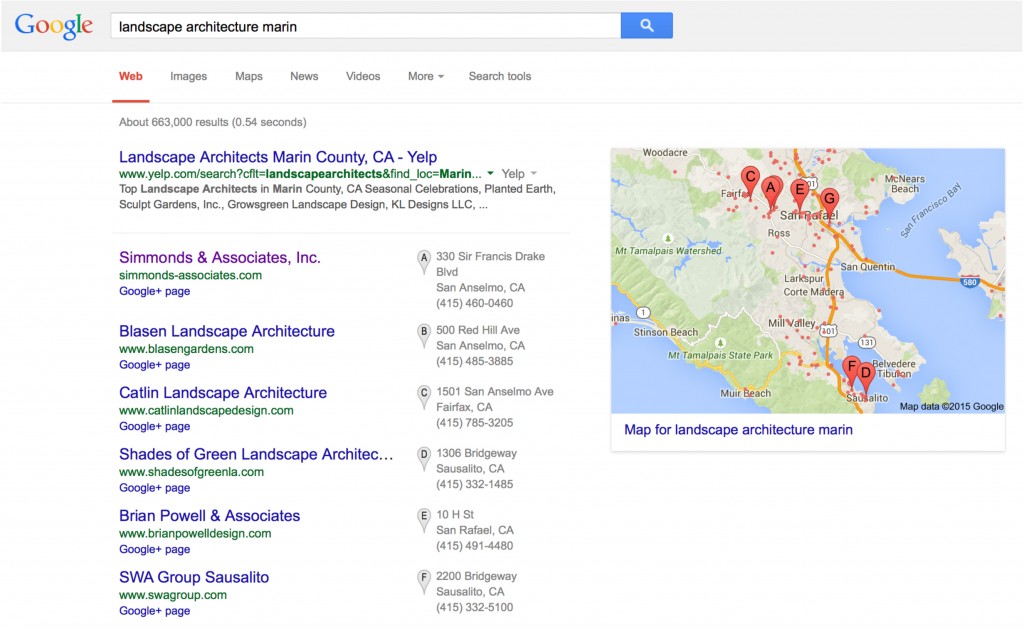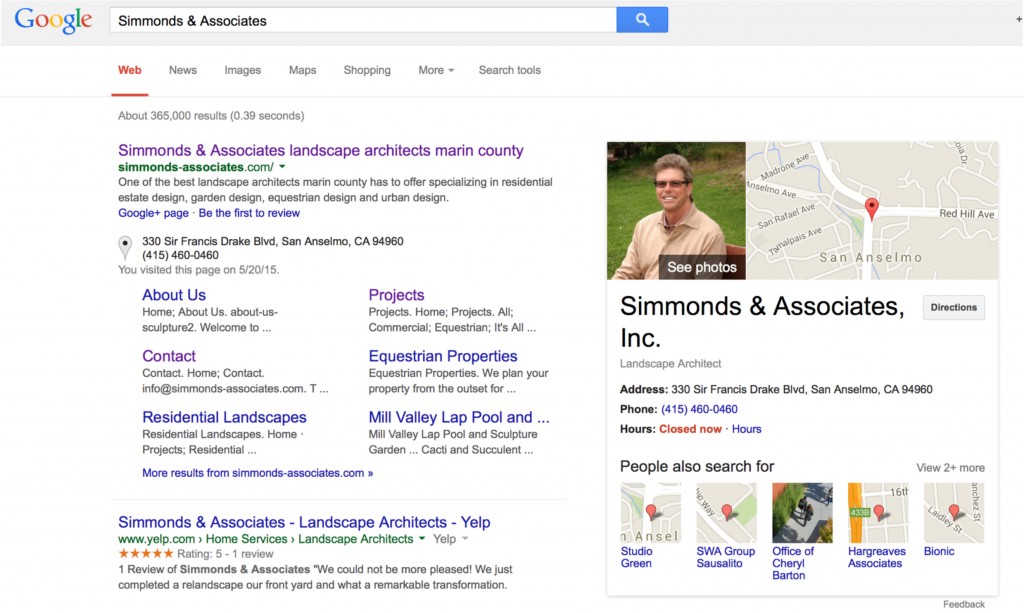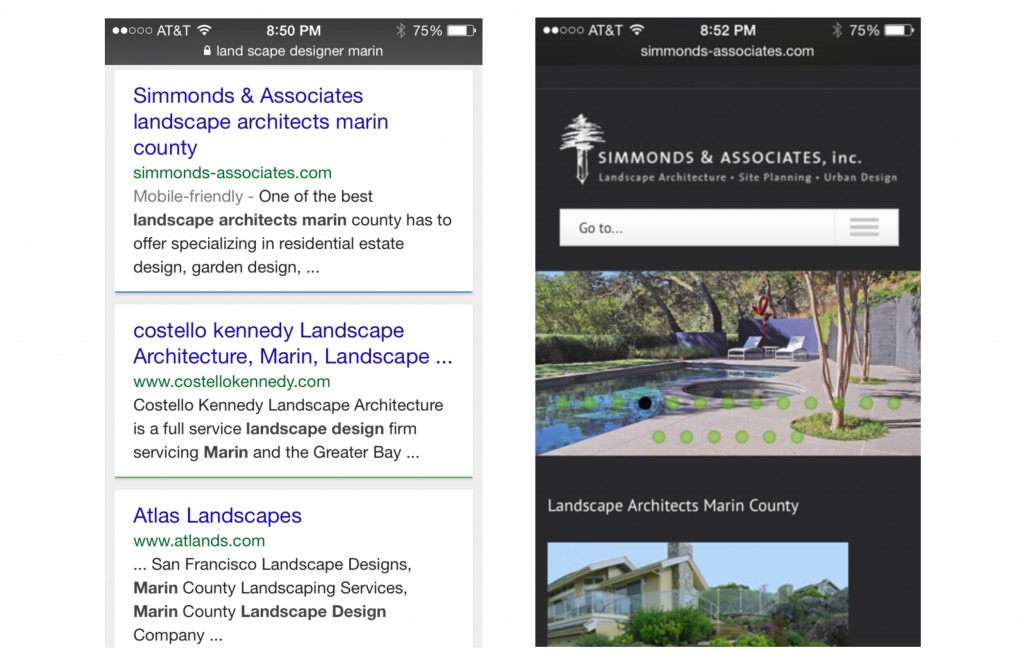The room felt full today with 5 guests!!!!
Announcements
• BRING A GUEST in October! We are asking every member to bring a guest to MRN in both October and November. Yes, we’re talkin’ to YOU! Find someone in your sphere who could benefit from our group and extend an invite.
• For Guests, PLEASE MAKE SURE their work does not conflict with current members! When in doubt, ask the MRN member to have a 121 with your candidate.
• If you arrive late… you are now allowed to say JUST your name and job title during the 30 second intro round. It feels awkward when we to do the “I’m late so everyone ignore me” routine. Saying your abbreviated intro sends a better message to our guests.
• Eyerusalem will be collecting your website profile info if you are not already live on our site. Having a profile is critical to the group; guests often check us out online to see who we are.
Thanks to our presenters:
Dave “The Quiz” Deppen – for Remodeling, Additions, New Homes, Business Renovations. Dave works with property owners who want a safe environment, who prefer an inviting outdoor space, and who might want a beautiful work space or outdoor bench just to name a few types of improvements. From laying out the work program, to design, drawings, permits and finally to construction, Dave can find a creative solution to get the job done. Click here for more.
Clare Michael – a woman who loves the unexpected when the walls come down and is not fazed by surprise developments. Clare creates beautiful rooms because she loves beauty and wants to design spaces that exude a pleasant comfortable space. And she meshes the home’s age with her clients’ desires. Mail her postcard to anyone you know who might dream of a new kitchen or bath. Click here for more.
Thank you to Hannah for the delightful treats! Such a thoughtful gift to the group.
Thank you to Dee for bringing John. Thank you Gil for bringing Gary. Thank you Beth for sub Sylvia. Thank you Eyerusalem for bringing Homa. Thank you Laura for bringing Geff. And thanks to nextdoor.com for Niko!
Stay dry and have a great week.
Terrie

















